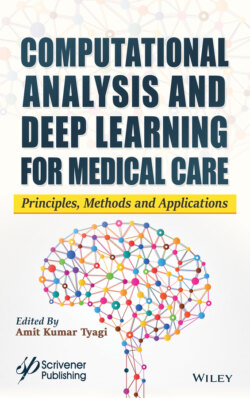Читать книгу Computational Analysis and Deep Learning for Medical Care - Группа авторов - Страница 40
2.3.4 Enhancement With AI Perspective
ОглавлениеIn this approach, we consider every aspect of the user that helps us in making the content specific to the user. In the current era of smartphones, we have a greater chance of knowing the user more. With the request to access the user’s location, contacts, images, messages, etc., we can have a complete picture of where the user has been to, what he likes, what is his/her daily schedule, what he might be interested in, and what he can afford for. All the above information solves half the problem of personalization. Within the search engine or website, we also track users’ search history and his choice of websites depending on the click-throughs. For each query, AI enhances ranking factors that change from query to query, as the algorithm learns from how people choose search results and decides on the best-factors to take into account for every search. The next action of AI-powered search will always be better than the present one as it learns from the user and gets auto-tuned to his choice. By adding the AI content in the module the query becomes like this.
{Feeling hungry, hotel near me} → {Hotel + Location + user preferences (vegan/Continental)}
AI added the user preferences from the past data of the user, which makes him more effective results. There is a lot of difference between how human thinks of and how a naive system analyzes. Quoting the example, considering reviews—a person commented “Director who thought this movie would be a huge success should be careful”. The system may be mistaken it to be a good review but analyzing it properly is not supportive. This is where the AI can handle it well as it does not just consider words but takes meaning and sentiment. As part of the AI usage, the Google maps gives the time to take to travel from home to office based on GPS; it learns the data based on the user location and timings over a while.
